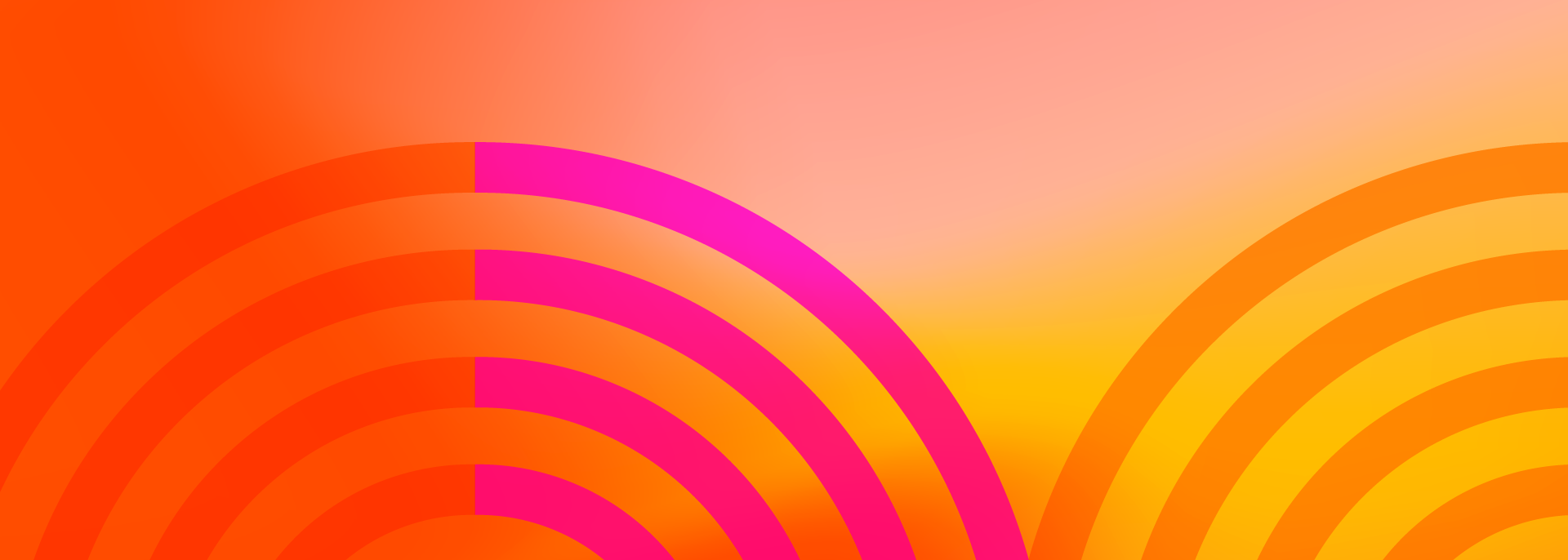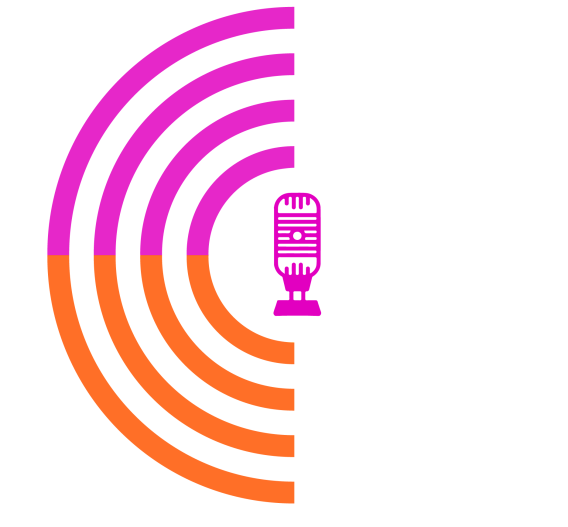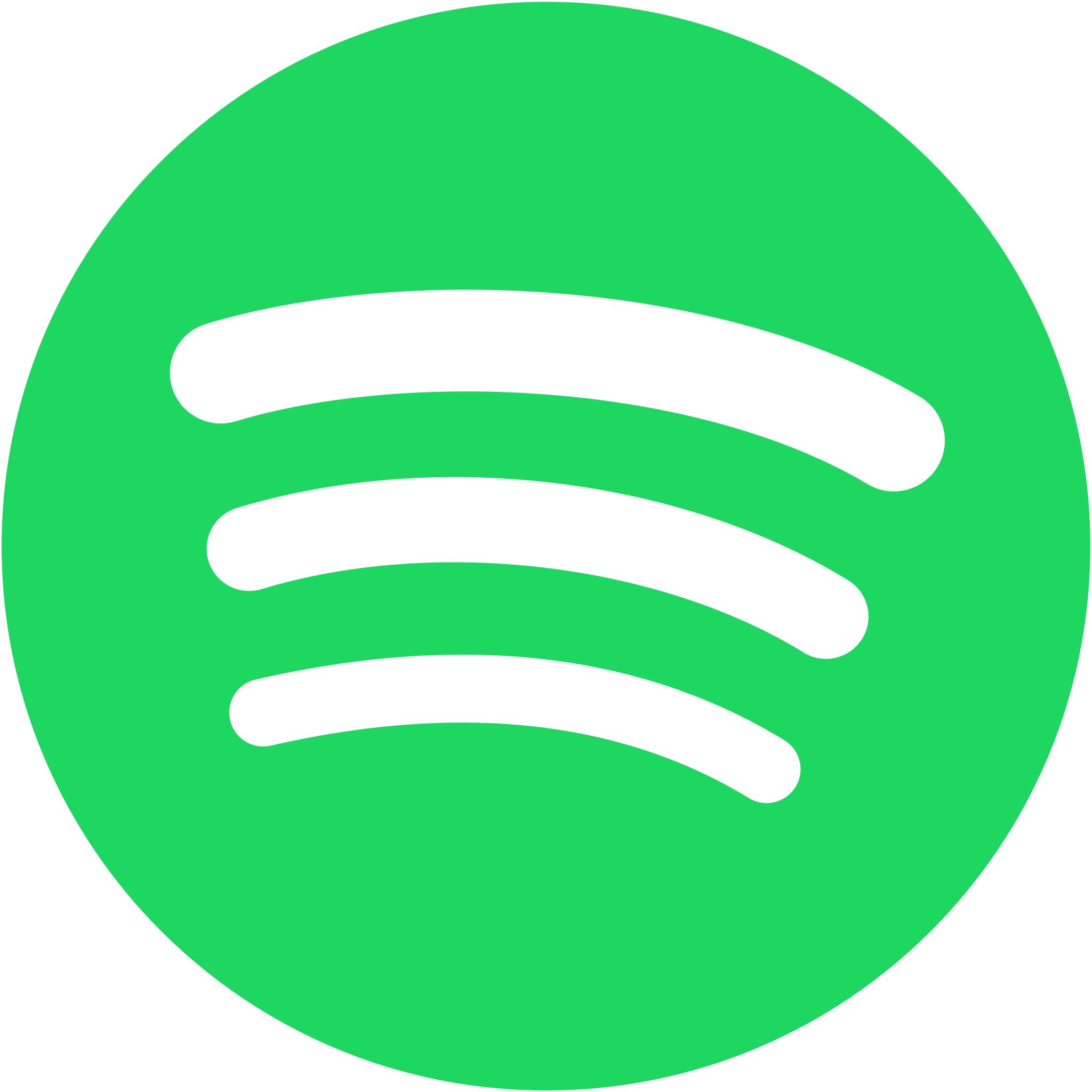
Listen With Us
Outright Proud Podcast
At Outright International, we work together for better LGBTIQ Lives. Outright Proud Podcast will advocate, celebrate, amplify, and support LGBTIQ voices.
Stay tuned for our different mini-series coming soon!

LBQ Parenting Mini-Series
In this series, we’ll hear about the parenting experience of Lesbian, Bisexual, and Queer activists from around the world, including Outright staff and LBQ Connect alumni, and Sounding Board members.
Outright Proud Podcast
2024 Election Watch Mini-Series
This podcast series aims to comprehensively analyze key elections in 2024, specifically focusing on the political landscape, implications for LGBTIQ people from a human rights perspective, and how LGBTIQ communities are engaging in these political moments. This is a Global LGBTQI+ Inclusive Democracy and Empowerment (GLIDE) Initiative between Outright International, Synergía - Initiatives for Human Rights, and the International Federation for Electoral Systems (IFES).
Rights in Retrograde Mini-Series
Queer people’s human rights are under attack - but against a landscape of exclusion and inequality, we continue to make progress. “Rights in Retrograde,” a new series to be published every Mercury retrograde, will assess legal developments that impact lesbian, gay, bisexual, transgender, queer, and intersex (LGBTIQ) people. The title carries a dual significance: firstly, it aims to spotlight governments’ efforts to deploy the law to threaten queer people’s rights. Secondly, it highlights positive legal developments, shining a beacon of hope during a period that might pose challenges for some of our star-aligned queer siblings.

Take Action
When you support our work, you support a growing global movement and celebrate LGBTIQ lives everywhere.
Donate Now
